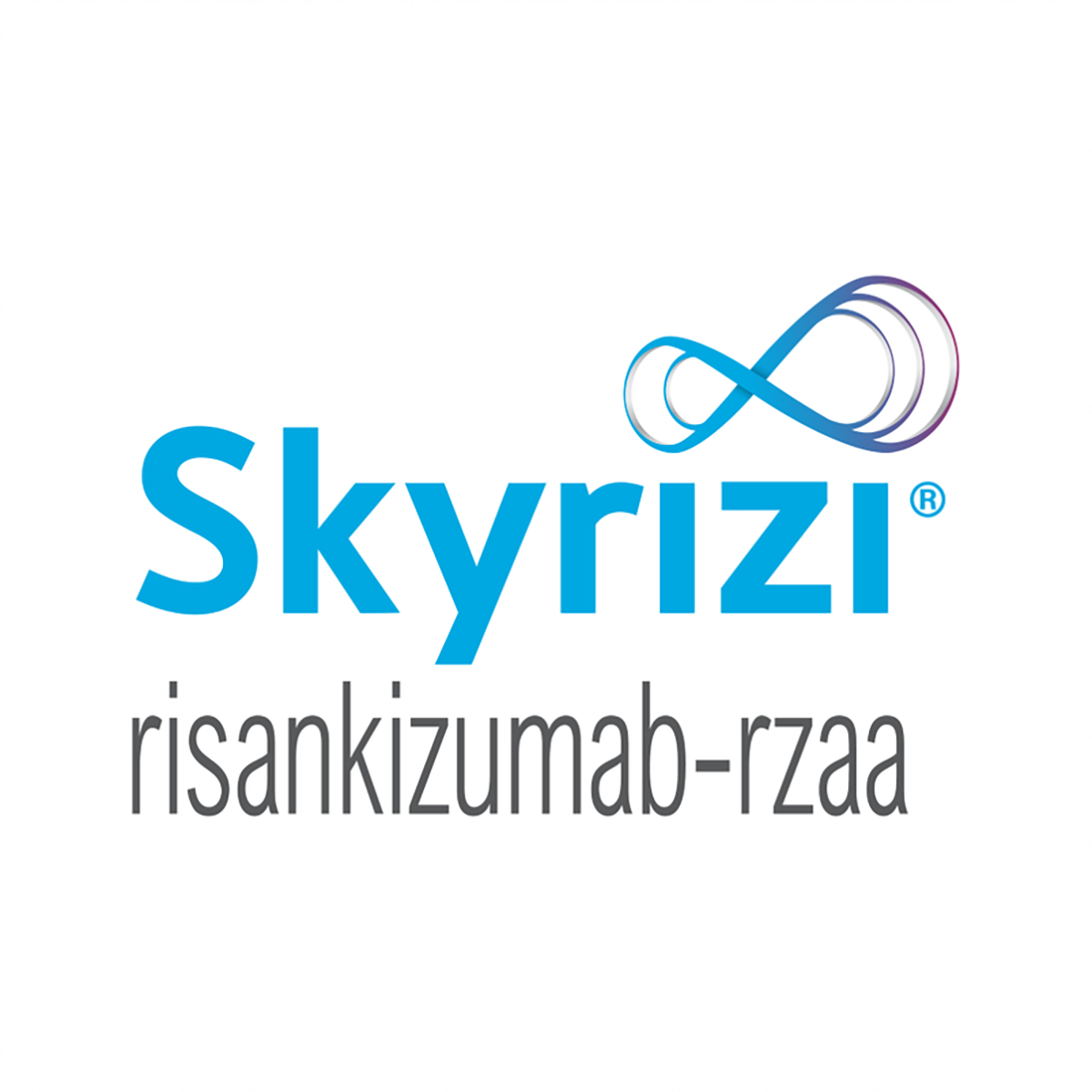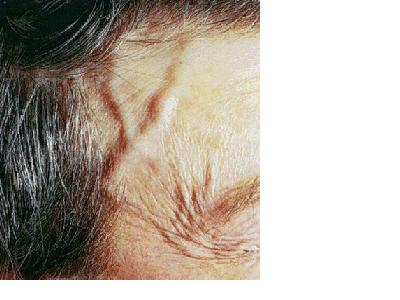Fromthe 108 patients who completed the 12-week double-blind induction trial, six patients were in deep remission and entered the 12-week washout phase. 102 patients were not in deep remission, 101 of whom received 12 weeks of 600 mg risankizumab (33 from the original placebo group, 34 from the 200 mg risankizumab group, and 34 from the 600 mg risankizumab group); the other patient declined to continue the study. At week 26, 54 (53%) of 101 patients treated with 600 mg rizankizumab were in clinical remission. Among patients included in the open-label extension trial, clinical remission rates at week 26 versus week 12 were: 18 (55%) versus six (18%) of 33 patients in the original placebo group; 20 (59%) versus seven (21%) of 34 patients in the original 200 mg risankizumab group; and 16 (47%) versus nine (26%) of 34 patients in the original 600 mg risankizumab group. 62 patients received risankizumab maintenance treatment, including the 54 patients who achieved clinical remission at week 26, the six patients who had achieved deep remission at week 12, and one patient because of a protocol violation. At week 52, clinical remission was maintained in 44 (71%) patients; 50 (81%) patients had a clinical response, 22 (35%) patients were in endoscopic remission, and 34 (55%) patients had an endoscopic response. 15 (24%) patients had mucosal healing and 18 (29%) patients achieved deep remission at week 52. Risankizumab was well tolerated with no new safety signals noted. The most frequent treatment-emergent adverse events were arthralgia (25 [22%] of 115 patients), headache (23 [20%]), abdominal pain (21 [18%]), nasopharyngitis (18 [16%]), nausea (18 [16%]), and pyrexia (15 [13%]). Most adverse events were mild or moderate and considered to be unrelated to study treatment. There were no treatment-related deaths.
Interpretation
Extended induction treatment with open-label intravenous risankizumab was effective in increasing clinical response and remission rates at week 26. Open-label subcutaneous risankizumab maintained remission until week 52 in most patients who were in clinical remission at week 26. Selective blockade of interleukin 23 warrants further investigation as a treatment for Crohn's disease.
And clinical trial for those interested


 follow @RheumAdvisor
follow @RheumAdvisor